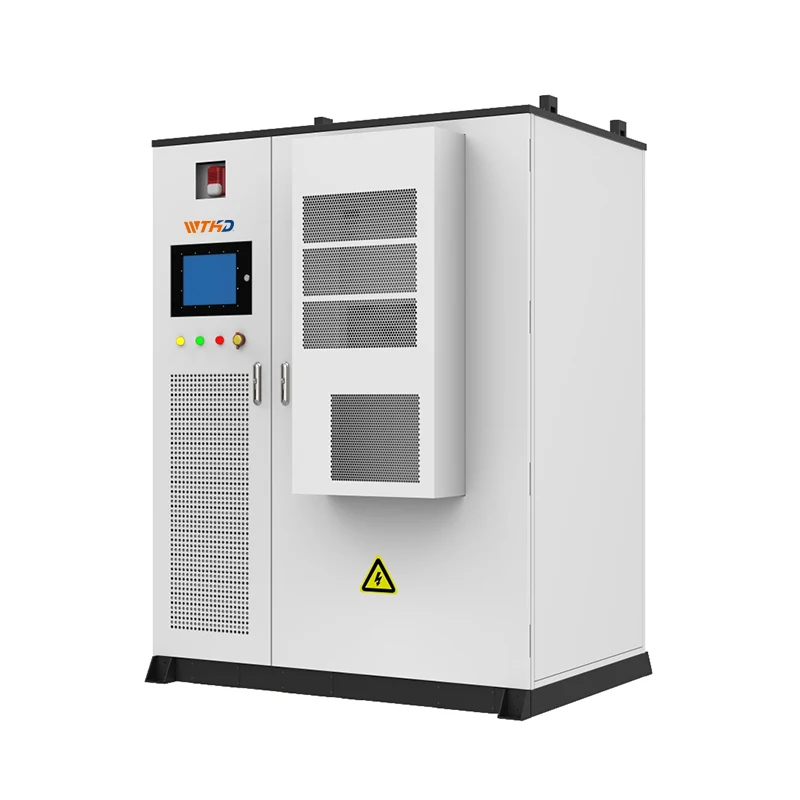Comparing Lithium-Ion and Lead-Acid Batteries in UPS Systems
When the electricity shuts off, we have to keep our computers and critical appliances alive. We have a UPS system of some sort. A UPS system uses special batteries that provide us with power during times we need it the most.

Lithium-Ion vs Lead-Acid Batteries: A Comparison
First, let us consider two specific types of batteries found in many UPS systems, lithium-ion, and lead-acid. There are pros and cons to both types. Power monitoring system are tiny, lighter than lead-acid batteries. This is useful when we do not have a lot of space and makes the UPS system effortless to transport if we ever require it. Alternatively, lead-acid batteries costs less upfront compared to lithium-ion batteries.
Lithium-Ion or Lead-Acid Batteries?
In terms of costs, lead-acid batteries may appear to be more favorable as they tend to have a lower up-front cost. But Industrial Frequency Online UPS have a longer lifespan, which means that in the long run, they can save you money, because you won’t have to replace them as frequently.
How Long Do Batteries?
In terms of lifespan, power supply system can survive more charge and discharge cycles than lead-acid batteries. That means they can be in use longer before needing replacement. Plus, unlike lead-acid batteries, lithium-ion batteries require less care, so they save you time and effort.
Being Good to the Planet: Lithium-Ion vs Lead-Acid
As far as the environment is concerned, lithium-ion batteries are almost always the more sustainable solution compared to lead-acid batteries. Lead-acid batteries contain toxic materials that harm the environment if they are not disposed of properly. But lithium-ion batteries can also be processed and reused, reducing waste.
UPS Battery Technology: How It Has Changed
The UPS battery industry is also marking the change along with technology. Increasingly, companies are embracing lithium-ion batteries for their UPS systems because they have a longer life and require less attention. But there are some cases where cost-cutting is crucial, and lead-acid batteries are still used.
Which Battery Is Right for You
To sum up, when you need a decision on lithium-ion or lead-acid batteries for UPS systems, consider your requirements and the money you have. Lithium-ion batteries, though initially more expensive, save you money in the long run. Lead-acid batteries may be less expensive initially, but they can require more maintenance or even fail to last long enough.
Comments
Post a Comment